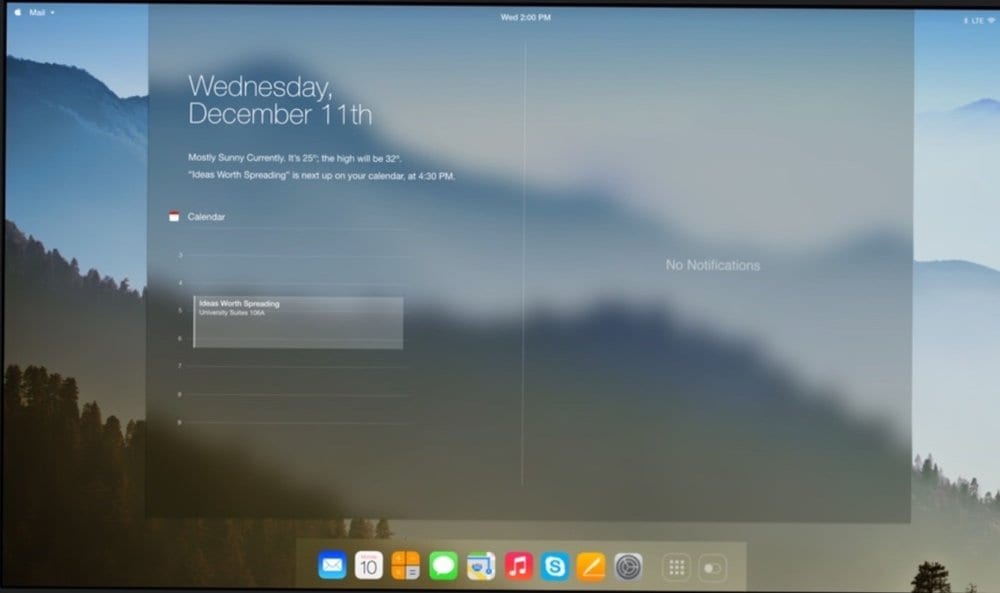“Tear down this wall!” is a famous line from a speech made by U.S. President Ronald Reagan in West Berlin on June 12, 1987. He called for the leader of the Soviet Union, Mikhail Gorbachev, to open up the barrier which had divided West and East Berlin since 1961.
I’d like to paraphrase it: “Apple, tear down this wall!”

What wall? The wall between iOS and macOS. It’s the wall that keeps the iPad Pro from reaching its full potential as a laptop alternative. It’s the wall that (perhaps) hampers Mac sales because so many young folks want touchscreens on all their electronic gadgets.
“We really feel that the ergonomics of using a Mac are that your hands are rested on a surface, and that lifting your arm up to poke a screen is a pretty fatiguing thing to do,” Craig Federighi, Apple senior vice president of software engineering, said in a June interview with Wired.
Apple has used the same justification for reserving touchscreens for iPads, highlighting that macOS is designed around the keyboard and mouse experience while iOS is designed around touch and onscreen gestures.

However, I don’t believe this reasoning is justified any longer (if it ever was). If Macs added a touch interface, users wouldn’t be forced to use it; they could continue to use their mice and trackpads as they do now. If iPad Pros added support for mice and trackpads, users wouldn’t be forced to use them; they could continue to use the touchscreen and Apple Pencil as they do now.
What would change is that iPad and Mac users would have more choices. And more options are a good thing.
Some folks — such as Ben Lovejoy writing for 9to5Mac (https://9to5mac.com/2018/11/08/pados/) — have proposed that Apple make “padOS,” an iPad-specific version of iOS for the tablet that would include, among other things, properly windowed apps, mouse/trackpad support, and plug-and-play support for storage and accessories. What I’d like to see instead is an operating system that combines the best features of iOS and macOS for Apple’s “pro” tablets, desktops, and laptops. This “AppleOS” would bring the aforementioned features to an iPad Pro and touchscreens and Apple Pencil support to the Mac.

Apple would continue to develop iOS for iPhones (and perhaps non-Pro iPads), watchOS for the Apple Watch, tvOS for the Apple TV, and the “rOS” (reality operating system” for the rumored “Apple Glasses,” a VR/AR headset, as those are more specialized products.
Of course, an AppleOS — this name, by the way, was inspired by some tweets by Steve Troughton-Smith —could lead to some Apple products (the iPad Pro) cannibalizing other Apple products (the MacBook Air). However, Apple exec Phil Schiller once said the company didn’t worry about cannibalization as long as it was one Apple product cannibalizing another.
And if Apple did develop the AppleOS, I have an idea for the perfect (IMHO) hardware device to run it. More on that tomorrow.
(By the way, the graphics in this article are fanciful mock-ups of an “AppleOS.”)
